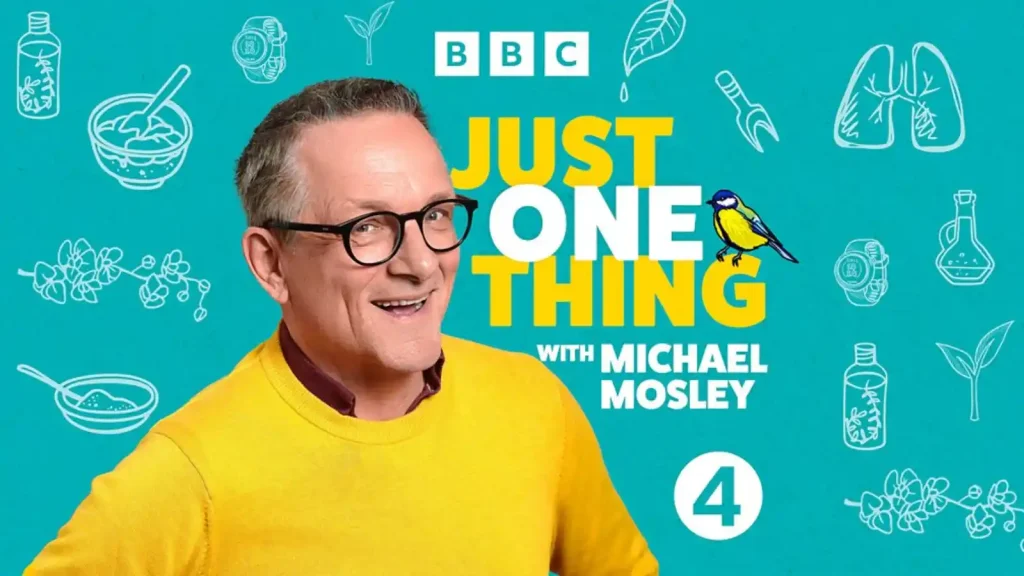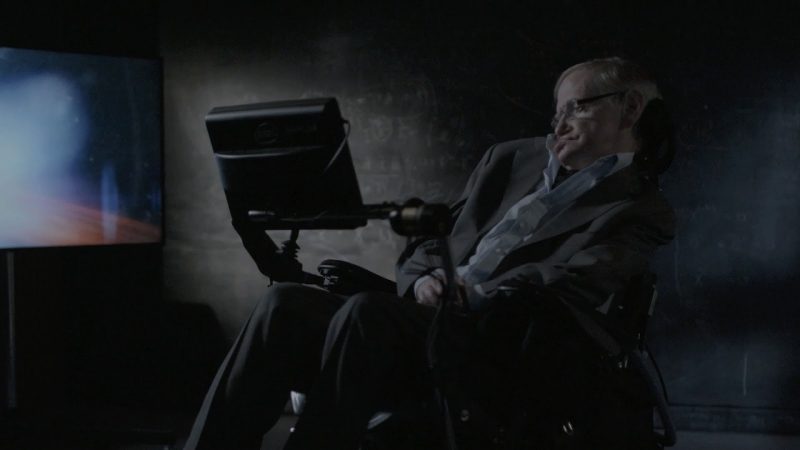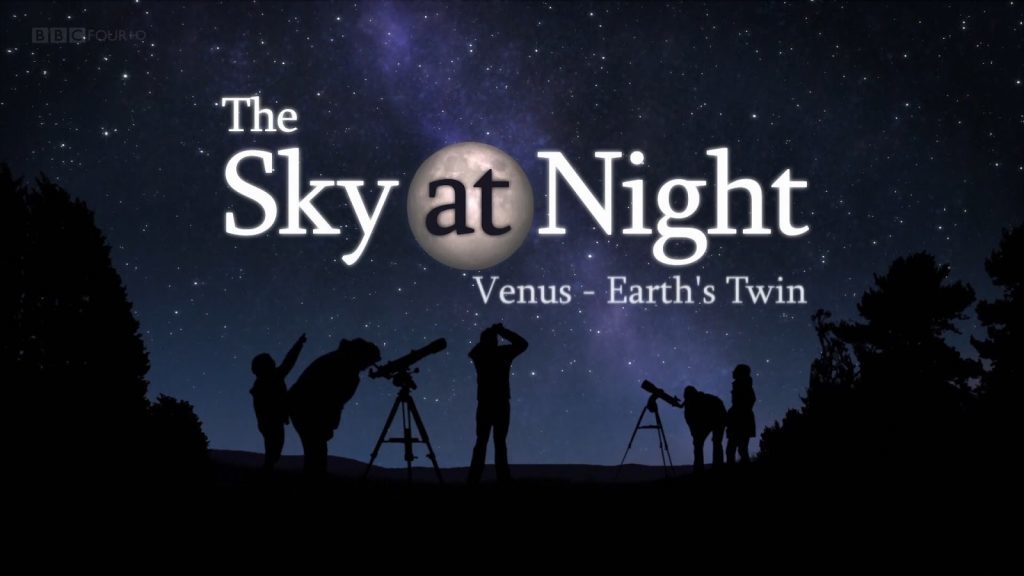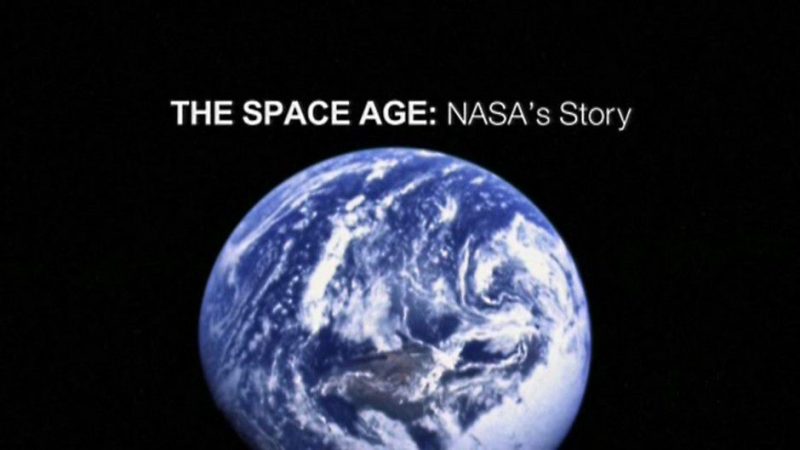Michael Mosley – Just One Thing episode 2: Imagine standing in the picturesque Staffordshire countryside, surrounded by people eager to find that one simple, effective change that could boost their brainpower and bring more joy into their lives. That’s exactly where we find Aly, who is on a mission to improve her memory and sharpen her mental skills. But it’s not about supplements or tedious hours of brain-training apps. Instead, she’s diving headfirst into an adventure where the key to success is learning something new—perhaps that’s her “Just One Thing.”
This is the story featured in episode two of Michael Mosley’s “Just One Thing,” where Aly, along with her spirited group of friends, sets out to discover the brain-boosting magic of picking up a brand-new skill. The idea sounds simple: learning a new skill—something most of us have probably thought about but haven’t found time for—might be the hidden secret to making our brains stronger and more resilient. What’s more, these skills don’t need to be high-level or intimidating. You don’t have to compose symphonies or paint a masterpiece—anything can count. In Aly’s case, it’s about exploring dancing, baking, even pottery.
As Aly and her group embraced the challenge, they realized that each skill they tried brought them more than just the activity itself—it brought connection, laughter, and even a touch of nostalgia. They went from baking bread and learning a few new dance moves to getting their hands truly dirty with pottery. Imagine them—sleeves rolled up, hands full of cool clay, and laughter echoing off the studio walls as they created imperfect but joyful bowls and vases. For Aly, this wasn’t just about the technical act of throwing clay onto a wheel. It was about getting out of her comfort zone, making something tangible, and allowing her brain to flex its muscles in new and exciting ways.
Michael Mosley’s challenge—seemingly simple at first—holds a deeper lesson. By embracing the discomfort of the unfamiliar, Aly and her friends discovered what science has long suggested: the power of novelty. Trying something new forces our brains to make new connections. It helps form pathways that weren’t there before, effectively upgrading the way our minds work. The joy and frustration of learning a new skill—like feeling your feet tangle during a new dance step or your clay creation collapsing just before it’s complete—create an environment rich in challenges that ultimately benefit memory, creativity, and cognitive flexibility.
At first, learning new skills might seem intimidating, like stepping into a foreign world—but this challenge was less about perfecting each skill and more about the sheer joy of exploration. When Aly tried her hand at baking, it wasn’t the recipe’s complexity that mattered but the journey of experimenting with ingredients and the satisfaction of pulling a warm loaf out of the oven. The smell, the feel of dough under her fingers, and the satisfaction of sharing her freshly baked bread with friends weren’t just delightful experiences—they were moments that engaged multiple senses, strengthening her cognitive networks and keeping her brain sharp.
There’s something magical about learning with others too. Aly and her group weren’t just working on their individual skills; they were building bonds that supported and motivated each other. Each time they got together, they shared stories, gave each other tips, and most importantly, celebrated each other’s progress. When someone’s pottery piece collapsed, they all laughed, and when someone successfully baked a perfect loaf of bread, everyone cheered. This collective experience made the journey even more rewarding. It showed them that learning is not just an individual pursuit—it’s a shared journey where every small success feels amplified by the group’s support.
And it’s not just about memory—it’s about confidence too. Dancing, for instance, was an emotional rollercoaster. Aly and her friends weren’t professional dancers; they stumbled, they tripped, they laughed it off. But over time, they started to gain rhythm, and even confidence in their movements. As their bodies grew more comfortable with each step, their minds adapted too, creating new neural pathways and enhancing their sense of accomplishment. The group dances became more than just learning steps—they were about moving together, sharing in their imperfections, and celebrating progress, no matter how small. These elements combined in a way that gave Aly’s brain a workout, but also lifted her spirits.
The social aspect of learning added another layer of value to the experience. When Aly and her friends gathered to dance, bake, or craft pottery, they were also reinforcing social bonds that are critical for mental health. Social connections have been shown to reduce stress, enhance mood, and provide a sense of belonging, which are all vital components of a healthy mind. The shared laughter, the encouragement, and even the shared frustrations created a strong sense of camaraderie among them. The joy of collective achievement, no matter how small, worked wonders for their emotional well-being, making the experience even more profound.
Michael Mosley’s challenge shines a light on the incredible versatility of our brains. Neurologists often say our brains are like muscles: the more you work them, the stronger they get. And learning something new is like taking your brain to the gym—except instead of lifting weights, you’re learning a new language or trying to spin clay into a bowl. Just like a regular workout, it’s not always about the result but about consistency, effort, and having a bit of fun along the way. And this kind of “mental workout” has lasting effects. It boosts Aly’s memory, sparks her creativity, and gives her the confidence that she can keep growing, learning, and improving, no matter her age.
The impact of learning new skills also extends to stress relief. Engaging in activities like pottery or baking has a meditative quality—it allows you to lose yourself in the moment, focusing entirely on what’s in front of you. For Aly, this was especially true when working with clay. The tactile sensation of the clay, the repetition of the wheel turning, and the focus required to shape it into something recognizable helped her relax and find a sense of calm amidst life’s chaos.
Baking offered a similar form of comfort. Measuring ingredients, kneading dough, and watching it transform in the oven had a grounding effect, reminding her to slow down and enjoy the process rather than always rush toward the outcome.
For Aly and the gang, the act of sticking to “Just One Thing” wasn’t without its challenges. Life is busy, routines are well set, and picking up a new skill requires time and motivation—resources that sometimes seem in short supply. Yet, their determination to explore, even when things got difficult, was inspiring. Whether it was trying out a new recipe that didn’t quite turn out or feeling their pottery pieces slump after hours of effort, they stuck with it. And these small moments of perseverance are what made all the difference. They discovered that not only could they learn new things—they could thrive in the process, and rediscover joy in unexpected places.
Michael Mosley – Just One Thing episode 2
In the end, this journey was about more than memory improvement or brainpower—it was about reconnecting with a sense of play and curiosity that many of us lose as we grow older. Learning a new skill isn’t just good for your brain; it’s good for your soul. It’s the thrill of doing something different, of challenging yourself to be a beginner again, and realizing that there’s beauty and power in that awkward phase where nothing comes easily, but everything feels fresh and possible.
These moments of exploration remind us of our own capacity for growth. It’s easy to fall into routines and forget that we have the ability to evolve. Aly’s adventure is a testament to the fact that no matter our age or how busy our schedules, we all have the potential to add a spark of novelty to our lives. It doesn’t require monumental change; it only takes the courage to start. And when we do, we might just find that the benefits go far beyond what we expected—enhancing not just our memory or brainpower, but our overall sense of fulfillment.
So, as Aly and her friends wrap up their adventure, we’re left with a challenge of our own. What’s one skill you’ve always wanted to learn but never quite got around to trying? Whether it’s painting, gardening, or even pottery like Aly, it’s never too late to start. The brain is an incredible organ—constantly adapting, constantly learning—and just waiting for you to give it something new to master. So, why not make today the day you take the plunge? Like Aly and her friends discovered, there’s no better time to add a bit of adventure and learning to your life. Who knows—your “Just One Thing” could be the beginning of something truly transformative.
Maybe it’s time to pull out that dusty guitar, sign up for a dance class, or finally try your hand at gardening. The opportunities are endless, and the rewards are boundless. Whether you succeed spectacularly or stumble along the way, every attempt adds value, every experience becomes a cherished memory, and every small success strengthens your mind and spirit. Life is all about the small steps we take and the adventures we choose to embark on. So why not choose yours today? Remember, growth doesn’t happen all at once; it happens one small, brave step at a time.
Conclusion Michael Mosley – Just One Thing episode 2
As we conclude Aly’s journey, one thing is clear: learning new skills isn’t just about memory or brainpower—it’s about rediscovering joy, curiosity, and the thrill of the unknown. Like a spark reigniting a fire, each new challenge she faced brought excitement, connection, and fulfillment. Whether it was the warmth of freshly baked bread, the rhythm of dance, or the tactile experience of pottery, every moment engaged her senses and strengthened her mind.
What makes Aly’s story truly inspiring is the reminder that growth doesn’t require grand, sweeping changes. It’s found in the small, consistent steps we take toward something unfamiliar. Just as a potter shapes clay, we too can shape our lives by embracing new experiences. The simple act of trying something different rewires our brains, fuels our creativity, and reminds us that no matter our age, we can continue to evolve.
So, what’s your next step? Perhaps it’s picking up an old hobby or trying something completely new. The brain thrives on novelty, and each new skill, however small, is an opportunity for growth. Just like Aly and her friends, you may find that the real reward lies not in mastering the skill but in the joy of the journey itself. Why not start today?
FAQ Michael Mosley – Just One Thing episode 2
Q: What is the core concept of “Just One Thing” episode 2 with Michael Mosley?
A: This episode explores the powerful impact of learning new skills on brain health and overall well-being. It emphasizes that picking up a new activity, like baking or pottery, can be a simple yet effective way to boost your brainpower.
Q: How does learning new skills benefit the brain, as explained in the episode?
A: Learning new skills creates new neural pathways and strengthens existing ones, similar to how exercise strengthens muscles. This process improves memory, enhances cognitive flexibility, and boosts creativity. Moreover, the challenges and triumphs associated with learning stimulate the brain and keep it sharp.
Q: Why did Aly and her friends choose activities like dancing, baking, and pottery?
A: These activities offer diverse learning experiences that engage multiple senses and cognitive functions. Furthermore, they are accessible and enjoyable, highlighting that any new skill, no matter how simple, can benefit the brain.
A: Learning in a group setting fosters encouragement, shared laughter, and a sense of camaraderie. These social connections amplify the joy of learning, provide emotional support, and contribute significantly to mental well-being.
Q: How does the episode inspire viewers to take action and embrace new skills?
A: Aly’s journey demonstrates that learning is a continuous process of growth and discovery, accessible to anyone regardless of age or experience. It encourages viewers to identify a skill they’ve always wanted to learn and take that first step, emphasizing that the journey itself is as valuable as the outcome.




